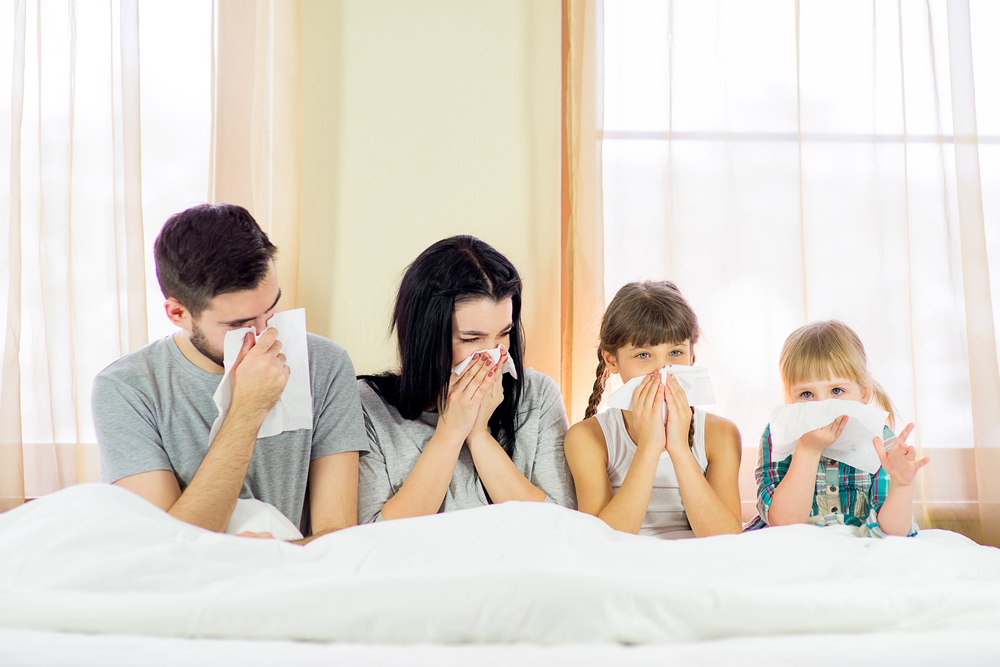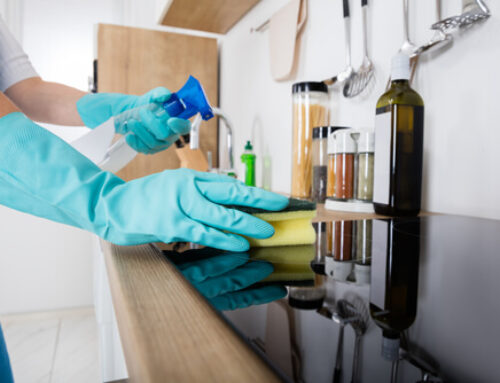Living in Fort Lauderdale comes with its perks – beautiful weather, stunning beaches, and vibrant communities. However, along with these benefits come common household allergens that can affect your family’s health and well-being. In this comprehensive guide, we’ll explore practical strategies to combat allergens, ensuring a healthier living environment for you and your loved ones.
Understanding Household Allergens in Fort Lauderdale
Allergens lurk in various corners of our homes, triggering allergic reactions and respiratory issues. In Fort Lauderdale, where humidity levels can soar, common household allergens thrive. Understanding these allergens is the first step toward combatting them effectively.
Identifying Common Allergens
In Fort Lauderdale, prevalent allergens include dust mites, mold, pet dander, pollen, and cockroach droppings.
Dust Mites: The Invisible Menace
Dust mites are microscopic creatures that feed on dead skin cells and thrive in warm, humid environments.
Combatting Dust Mites
Regularly wash bedding in hot water, use allergen-proof mattress and pillow covers, and vacuum carpets and upholstery frequently.
Mold: A Consequence of Humidity
High humidity levels in Fort Lauderdale create an ideal breeding ground for mold, which can lurk in bathrooms, kitchens, and basements.
Preventing Mold Growth
Use exhaust fans in bathrooms and kitchens, fix leaks promptly, and keep indoor humidity levels below 50% with a dehumidifier.
Pet Dander: A Furry Culprit
Pet dander, tiny flecks of skin shed by pets, can trigger allergic reactions in sensitive individuals.
Managing Pet Allergens
Bathe pets regularly, designate pet-free zones in the home, and groom pets outdoors to minimize dander indoors.
Pollution and Outdoor Allergens
In addition to indoor allergens, Fort Lauderdale residents also contend with outdoor pollutants and allergens, such as vehicle emissions and pollen from trees and grasses.
Minimizing Outdoor Allergens
Keep windows closed during high pollen seasons, use air purifiers with HEPA filters, and limit outdoor activities on high-pollen days.
Effective Cleaning Techniques
Maintaining a clean home is essential for reducing allergen levels and improving indoor air quality. Here are some effective cleaning techniques tailored to Fort Lauderdale’s climate and allergen concerns.
Vacuuming Strategies
Regular vacuuming is crucial for removing dust, pet dander, and other allergens from carpets and upholstery.
Choosing the Right Vacuum
Opt for a vacuum cleaner equipped with a HEPA filter to trap small particles and prevent them from recirculating into the air.
Frequency of Vacuuming
Vacuum high-traffic areas and pet-inhabited spaces at least twice a week to keep allergen levels in check.
Mopping and Dusting Tips
In addition to vacuuming, mopping hard floors and dusting surfaces are essential steps in allergen-proofing your home.
Using Microfiber Cloths
Microfiber cloths attract and trap dust more effectively than traditional feather dusters, reducing the likelihood of allergens becoming airborne.
Natural Cleaning Solutions
Opt for eco-friendly cleaning products to minimize exposure to harsh chemicals that can exacerbate respiratory issues.
Air Purification Methods
While regular cleaning helps reduce allergen levels, investing in air purification can provide an extra layer of protection against airborne particles and pollutants.
Choosing the Right Air Purifier
Not all air purifiers are created equal. Consider factors such as room size, filtration efficiency, and noise level when selecting an air purifier for your home.
HEPA Filters: Your Allies Against Allergens
Look for air purifiers equipped with High-Efficiency Particulate Air (HEPA) filters, which can capture particles as small as 0.3 microns with high efficiency.
Placement and Maintenance
Place air purifiers in commonly used areas of the home, such as the living room and bedrooms, and remember to replace filters according to manufacturer recommendations.
Allergen-Proofing Measures
Prevention is key when it comes to managing household allergens. By implementing allergen-proofing measures, you can create a safer and healthier living environment for your family.
Encasing Bedding and Furniture
Invest in allergen-proof covers for mattresses, pillows, and upholstered furniture to create a barrier against dust mites and pet dander.
Sealing Cracks and Gaps
Seal cracks and gaps around windows, doors, and entry points to prevent outdoor allergens from infiltrating your home.
Regular Maintenance Checks
Schedule regular inspections of your home’s HVAC system and vents to ensure proper airflow and filtration of indoor air.
Conclusion
Combatting common household allergens in Fort Lauderdale requires a proactive approach that addresses both indoor and outdoor sources of allergens. By following the tips outlined in this guide, you can create a healthier living environment for your family and breathe easier knowing that you’re taking steps to minimize allergen exposure.
FAQs
Q: How often should I change my HVAC filters? A: It’s recommended to change your HVAC filters every 1-3 months, depending on factors such as filter type and household occupancy.
Q: Can air purifiers help with pet allergies? A: Yes, air purifiers equipped with HEPA filters can effectively capture pet dander and other airborne allergens, reducing allergic reactions.
Q: What are some natural ways to reduce indoor allergens? A: Natural remedies such as regularly airing out your home, using essential oil diffusers with anti-microbial oils, and incorporating houseplants known for their air-purifying properties can help reduce indoor allergens.
Q: Is it necessary to hire a professional for mold remediation? A: In cases of extensive mold infestation, it’s advisable to seek professional mold remediation services to ensure thorough removal and prevention of future growth.
Q: Can indoor plants worsen allergies? A: While some indoor plants can improve air quality, others may release pollen or mold spores, exacerbating allergies. Choose low-allergen plants such as snake plants or peace lilies if you’re prone to allergies.
Q: Are there any DIY methods for allergen-proofing my home? A: Yes, simple DIY measures like regularly washing bedding in hot water, using allergen-proof covers, and keeping indoor humidity levels in check can significantly reduce allergen levels in your home.






